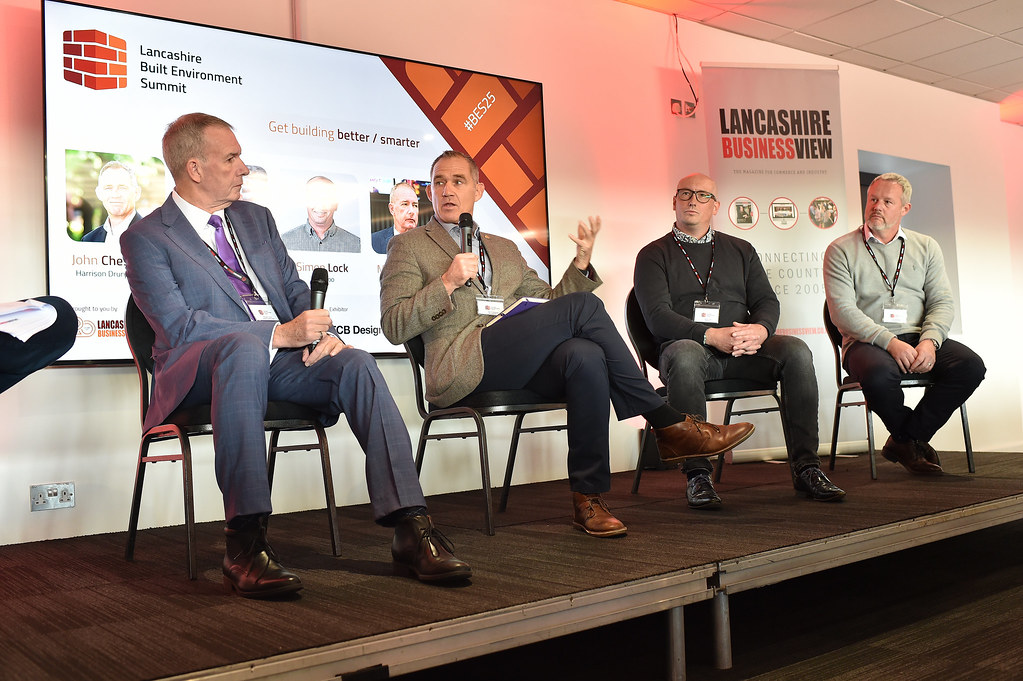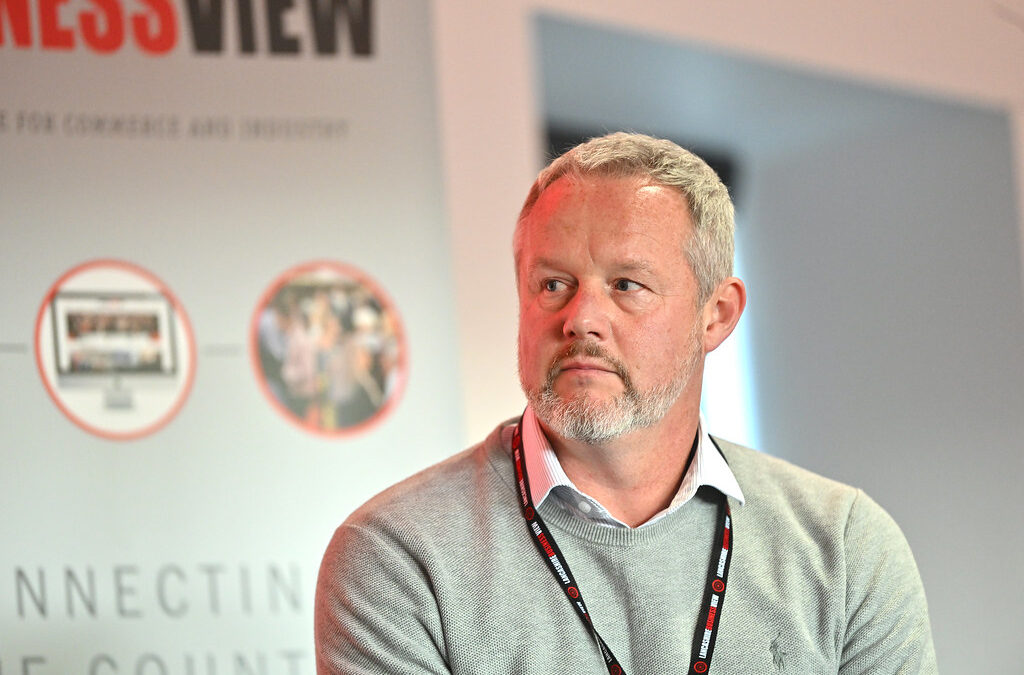The event brought together professionals from across the property, planning, and construction sectors to share experiences and explore how we can build better, smarter, and more sustainably across Lancashire and beyond.
I was delighted to join a panel alongside John Chesworth of Harrison Drury, Simon Lock of Woo Hoo, and Michael Conlon of Conlon Construction, where we discussed the theme “Get Building Better and Smarter”. The conversation covered a wide range of issues currently facing the sector – from funding and regulation, to planning reform and the practicalities of delivering development on the ground.
Addressing the Real Challenges in Development

Viability Gaps
Viability gaps remain a major challenge, particularly for secondary location projects. Without the right intervention funding structures in place, many schemes in the areas that need growth most struggle to get off the ground. This impacts not only the pace of delivery but also the ability to bring forward smaller, more flexible developments that can make a big difference to local economies and major development supply chains.

Increasing Build Costs & Regulation

Major Schemes & Supply Chain Opportunities

Changing Grant Funding Regimes

Planning System Challenges & Rising BNG Costs

The Role of Local Plans
Time for a Step Change
What’s needed now is a real step change in how the planning system operates – from the inception of Local Plans through to the delivery of planning consents. Greater clarity, consistency, and speed would benefit not only developers and land promoters but also local authorities, communities, and the wider economy.
Looking Ahead
I’d like to thank Lancashire Business View for hosting such an engaging and well-attended event, and my fellow


